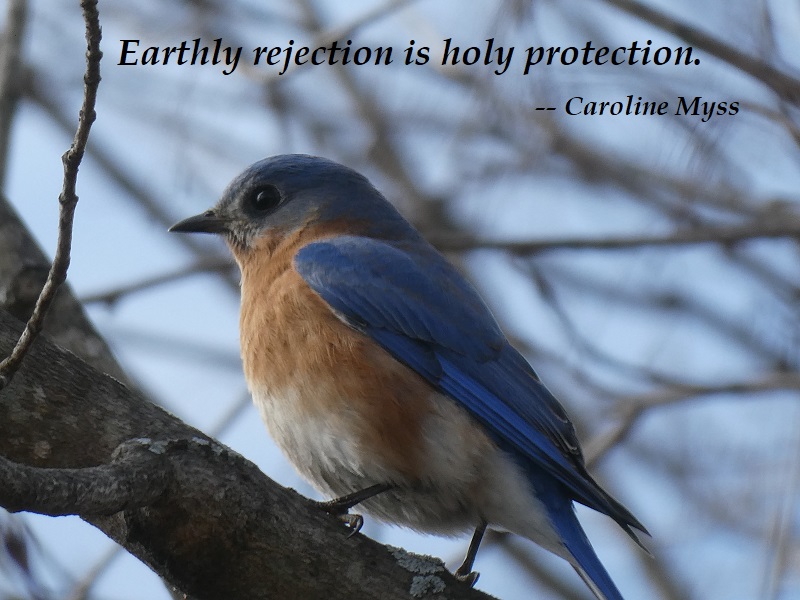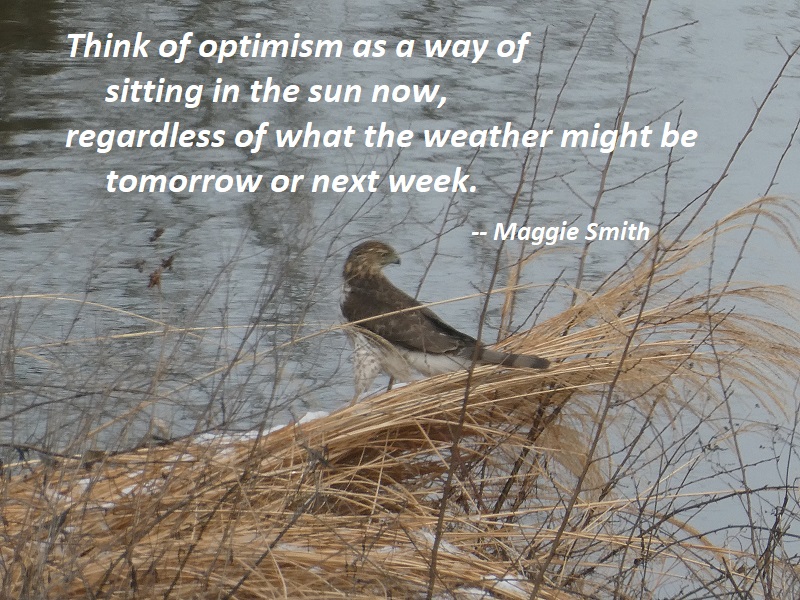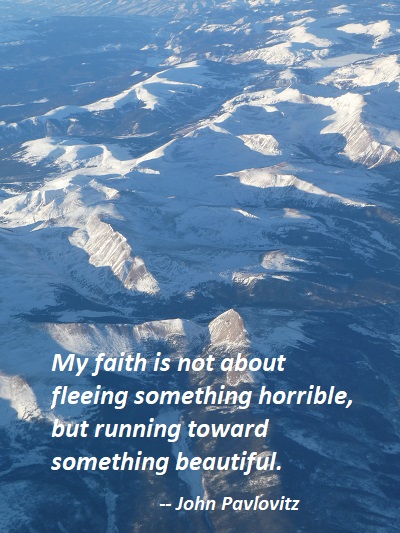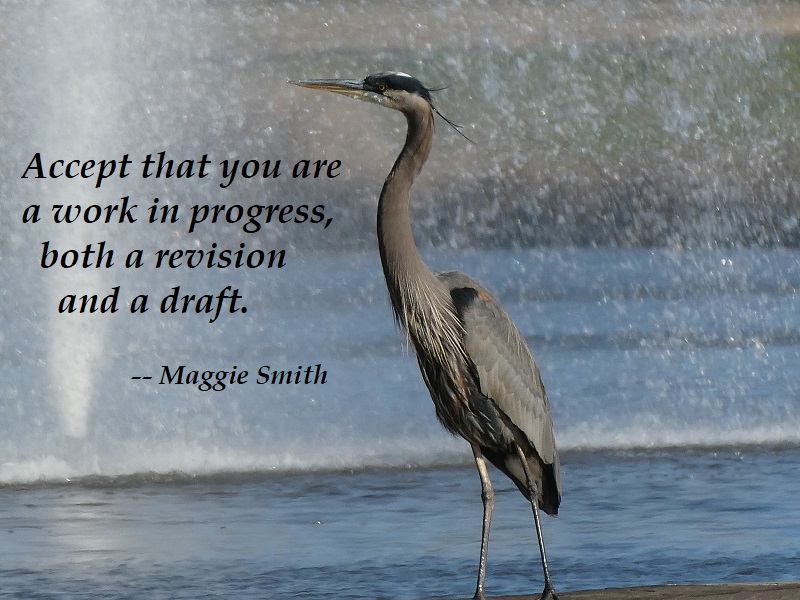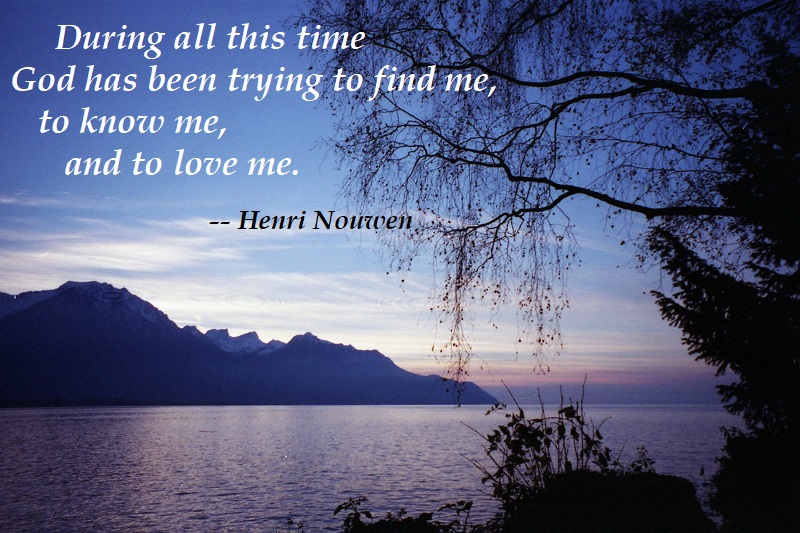
For most of my life I have struggled to find God, to know God, to love God. I have tried hard to follow the guidelines of the spiritual life — pray always, work for others, read the Scriptures — and to avoid the many temptations to dissipate myself. I have failed many times but always tried again, even when I was close to despair.
Now I wonder whether I have sufficiently realized that during all this time God has been trying to find me, to know me, and to love me. The question is not “How am I to find God?” but “How am I to let myself be found by him?” The question is not “How am I to know God?” but “How am I to let myself be known by God?” And, finally, the question is not “How am I to love God?” but “How am I to let myself be loved by God?” God is looking into the distance for me, trying to find me, and longing to bring me home.
— Henri Nouwen, You Are Beloved, p. 16, quoting from The Return of the Prodigal Son
Photo: Lake Geneva, Switzerland, November 2000




